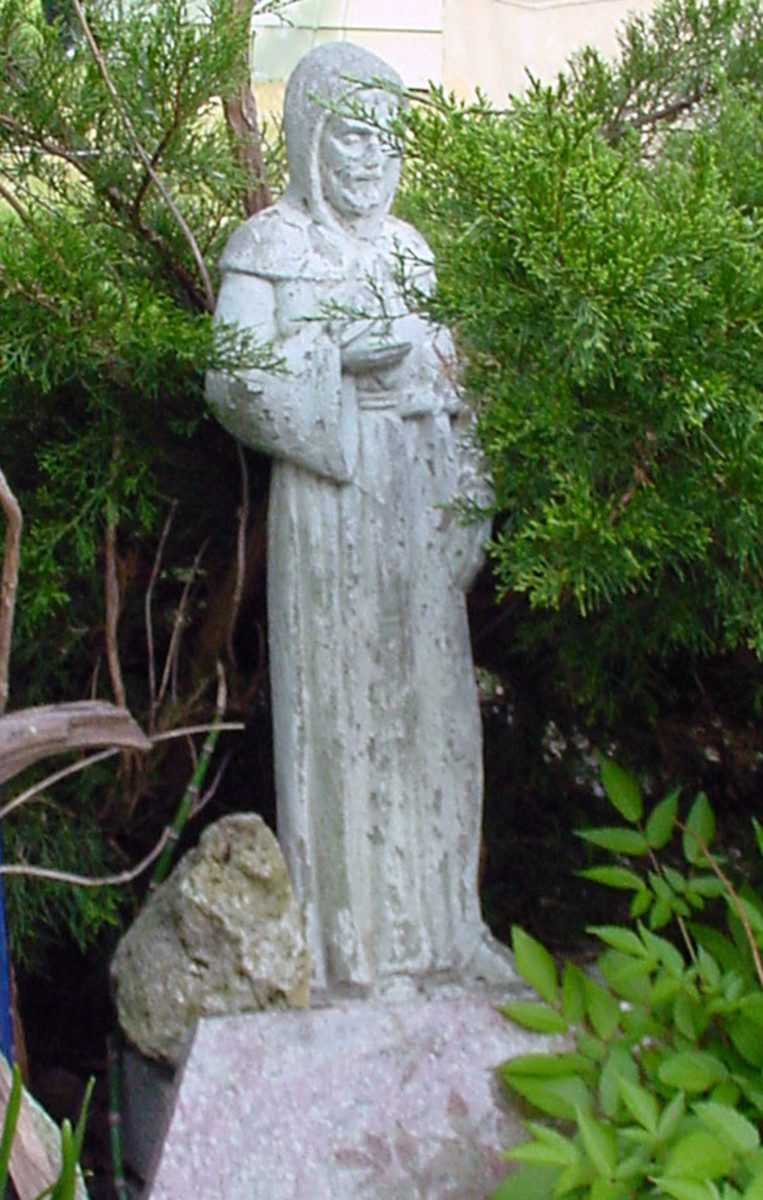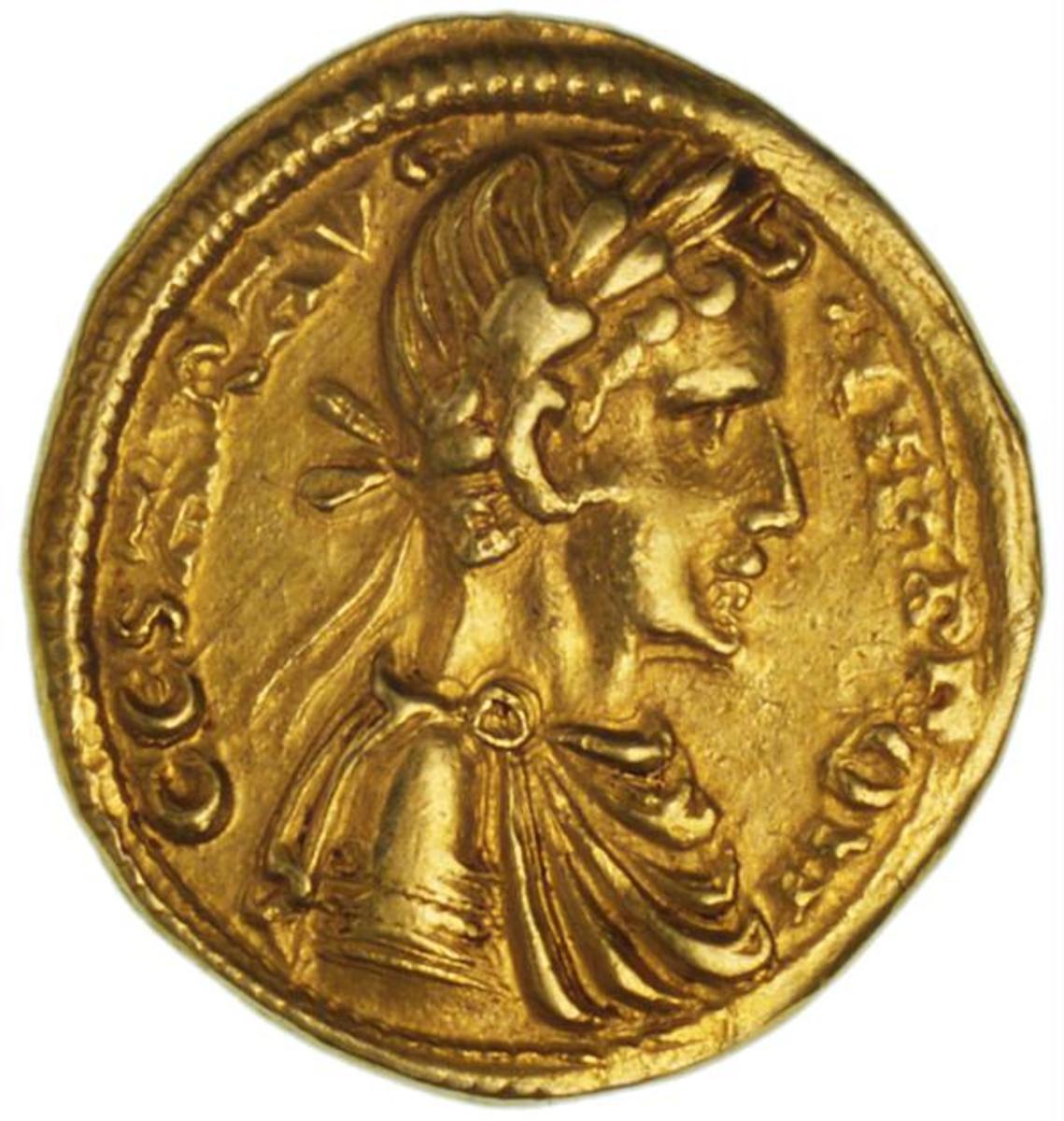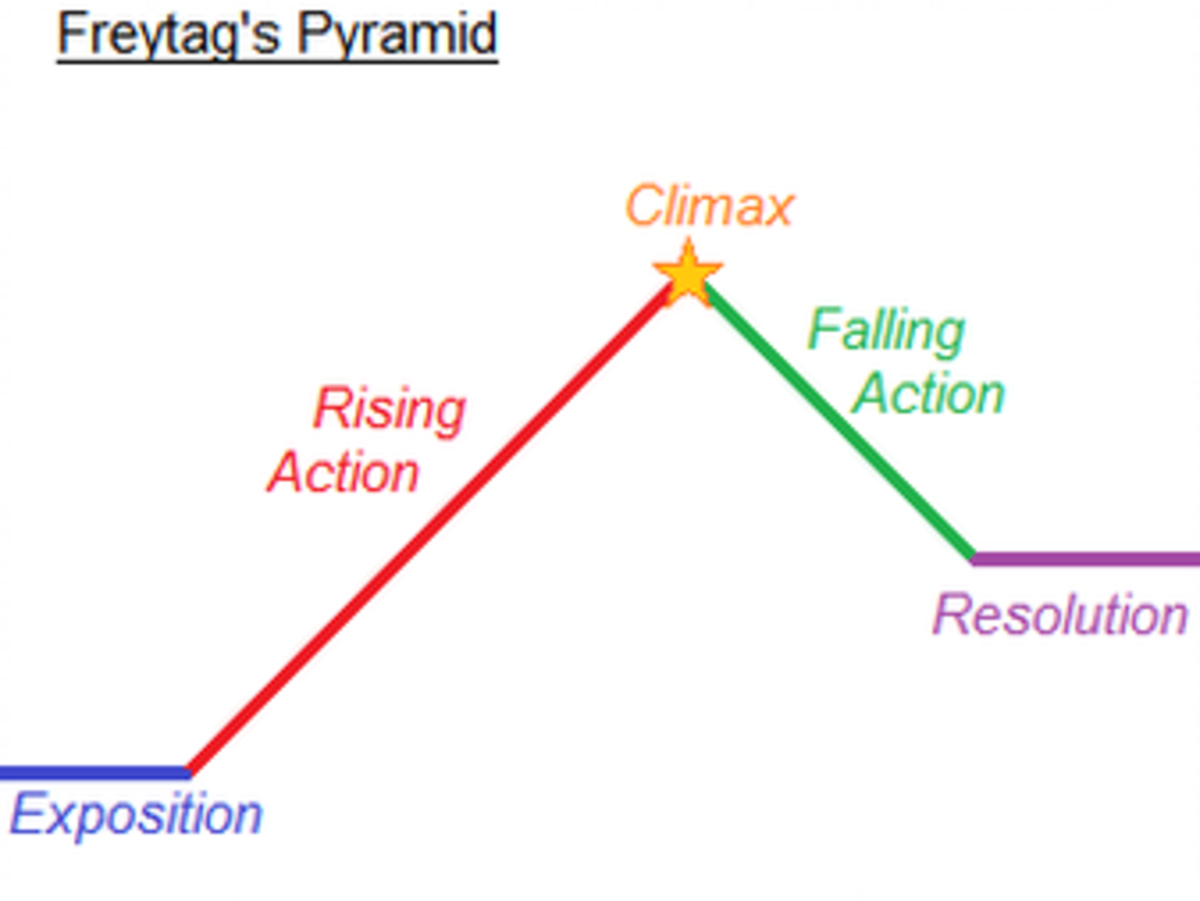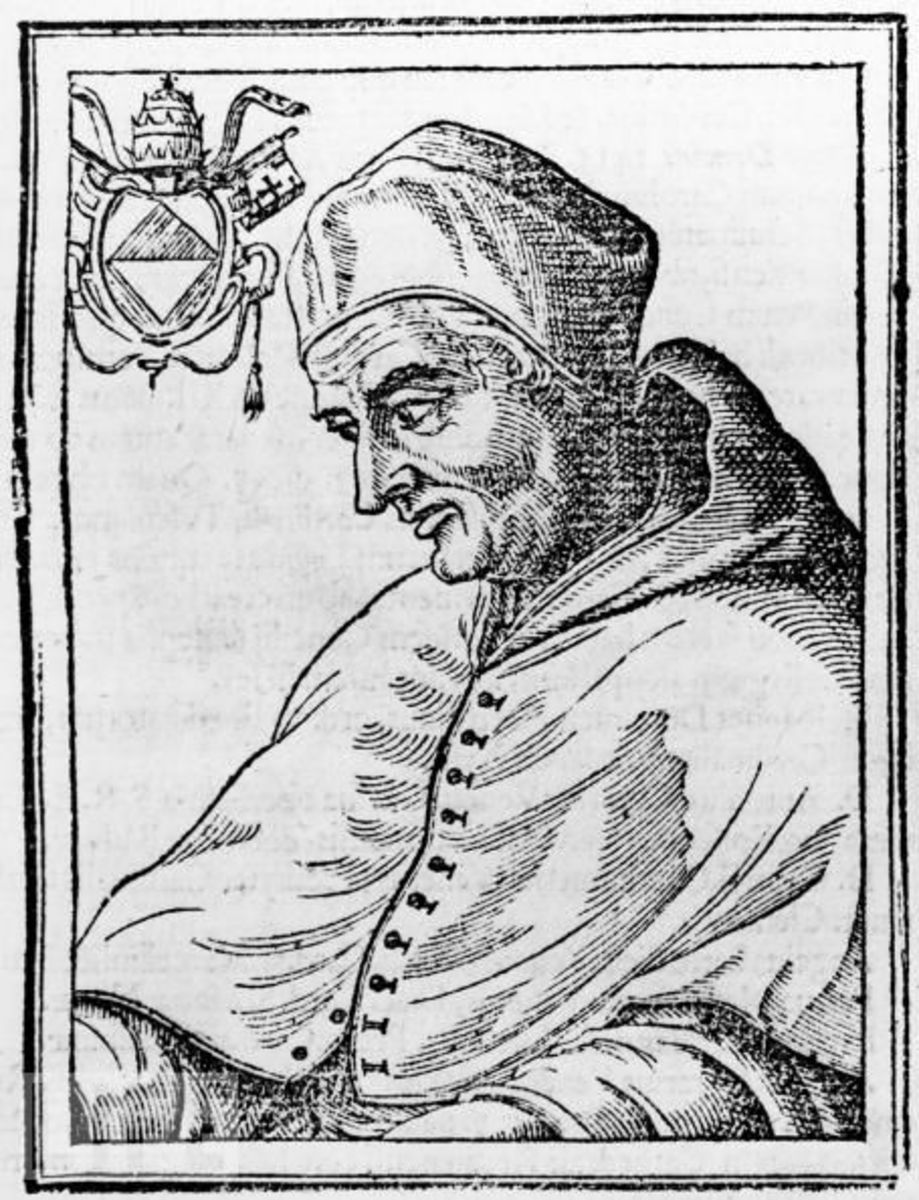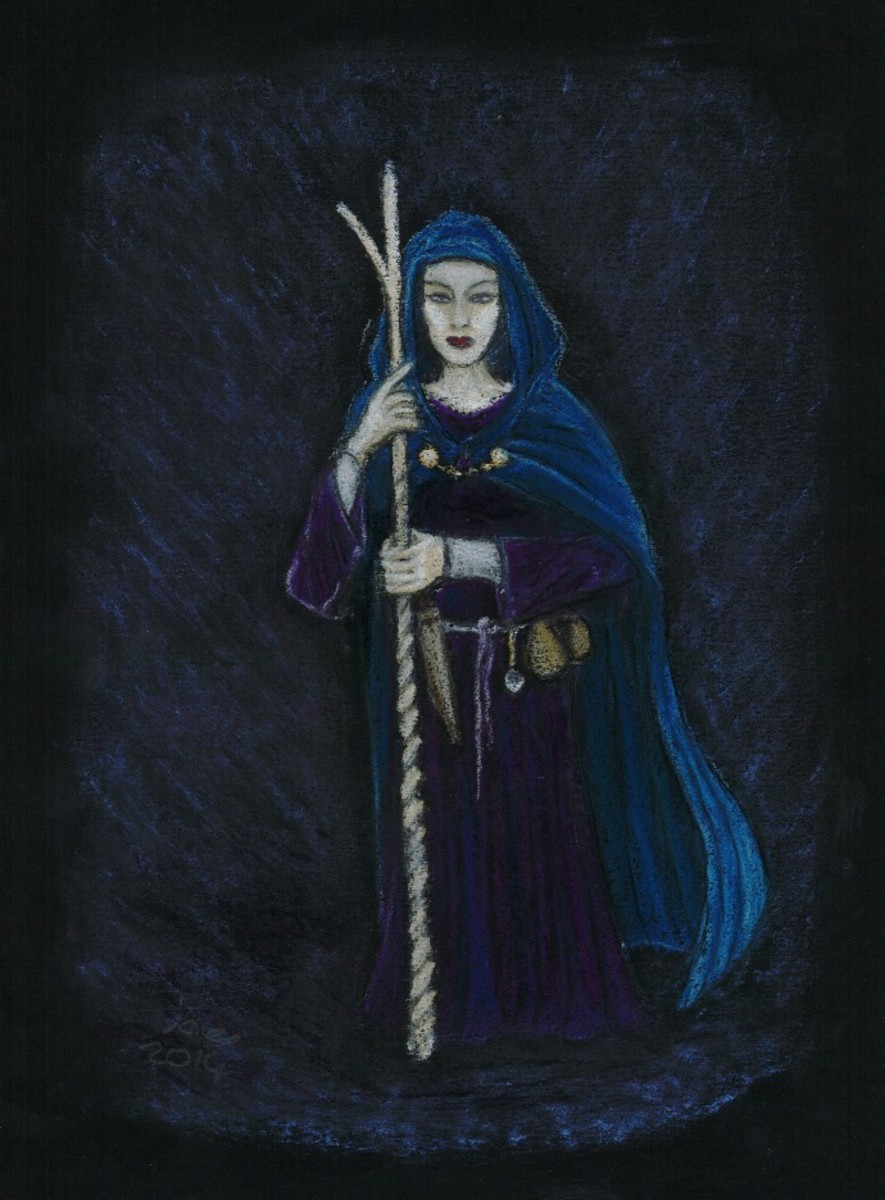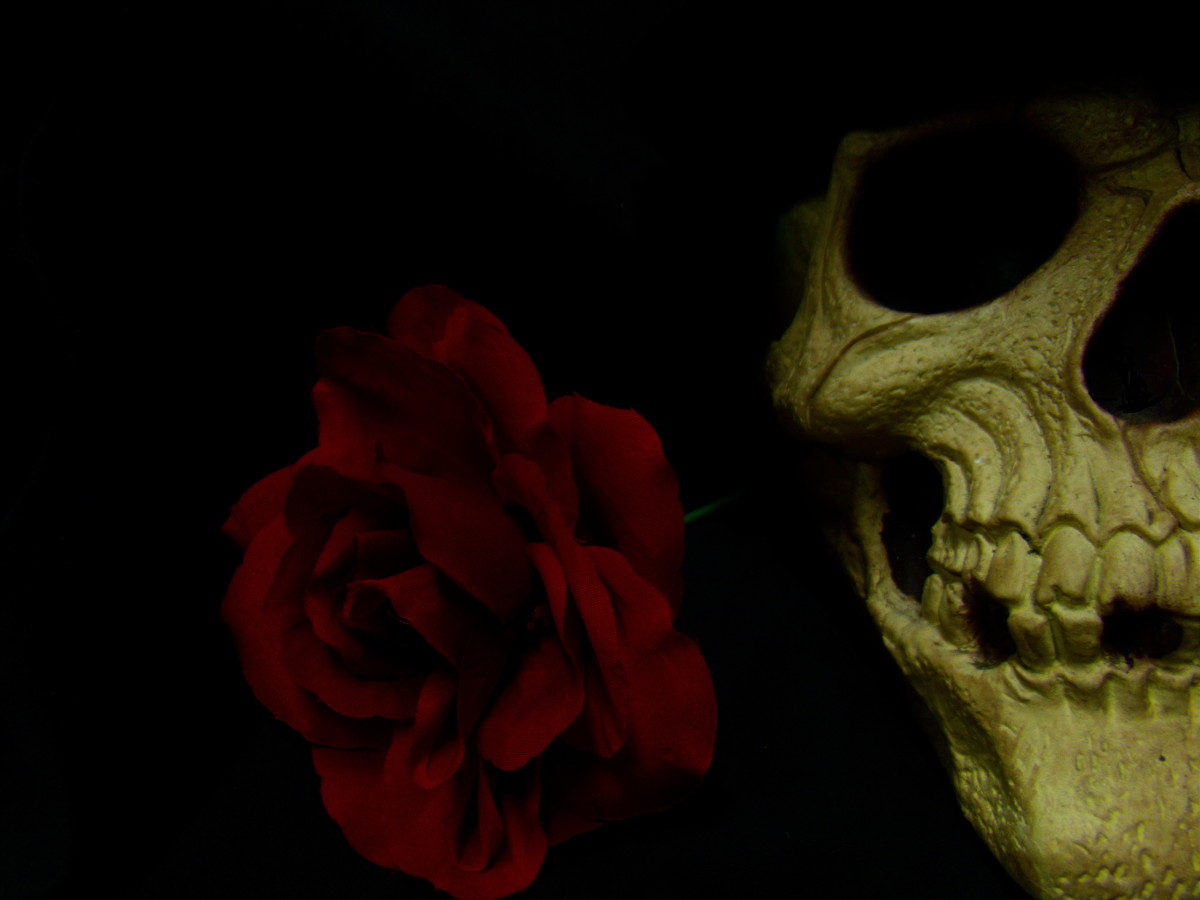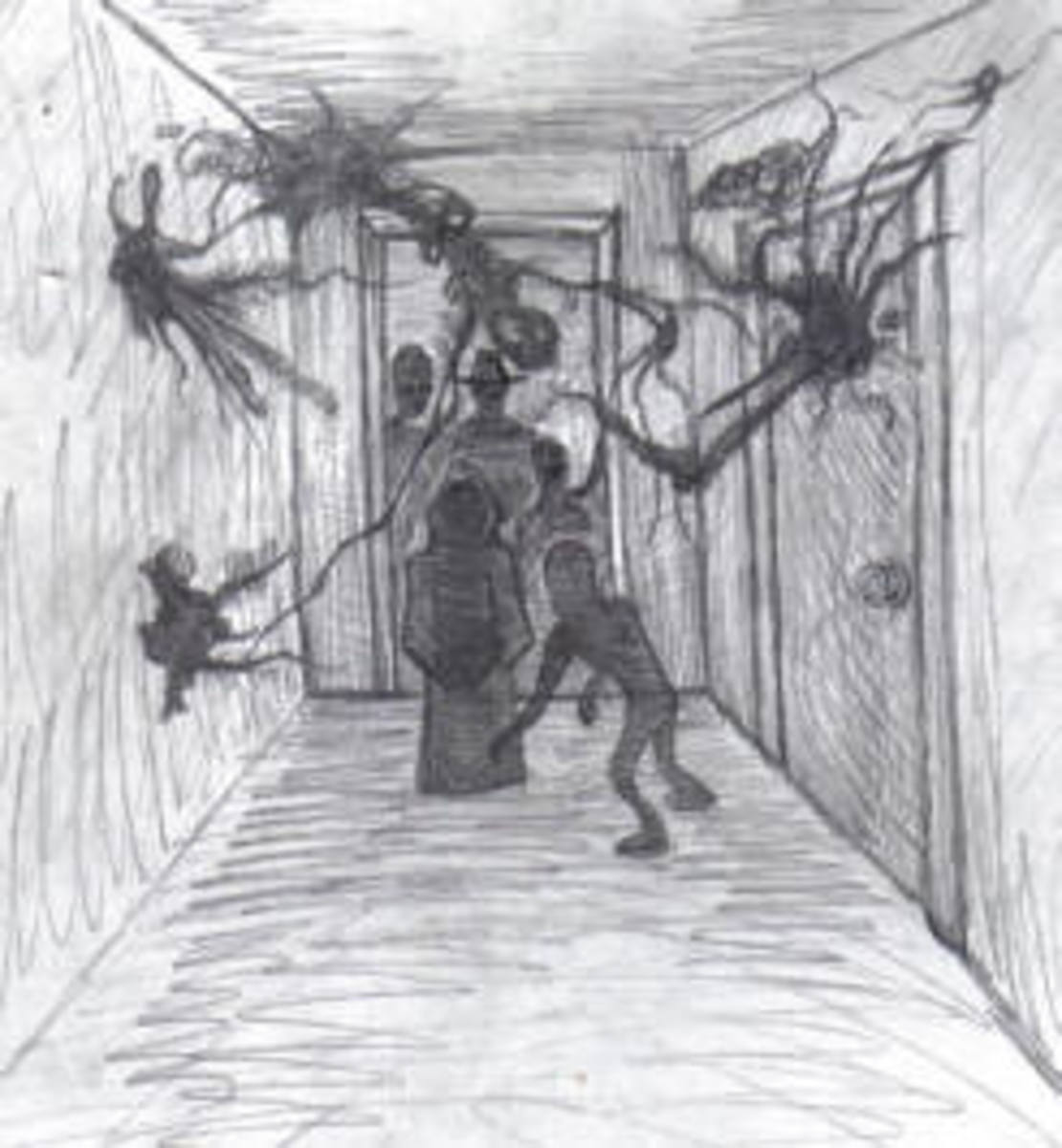The Inquisition
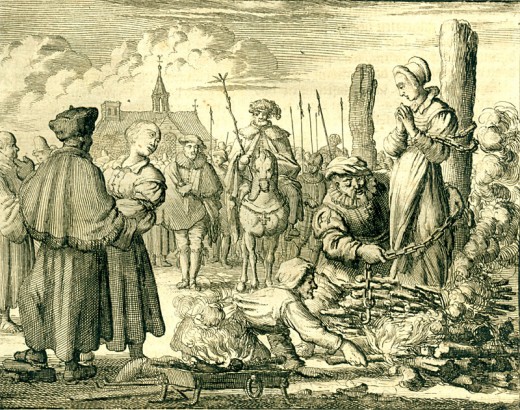
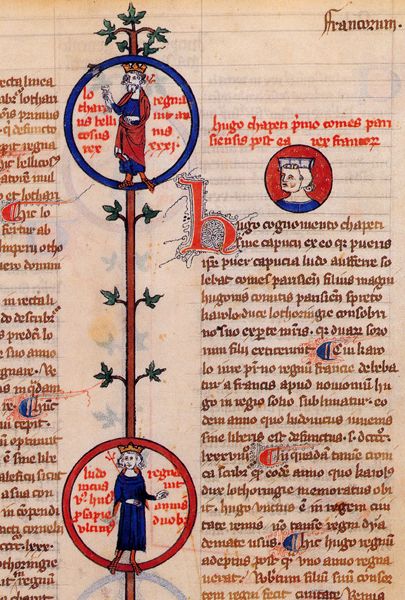
“The sect of Beguines, who call themselves "poor brothers" and say they observe and profess the third rule of Saint Francis, sprang up recently in the provinces of Provence and Narbonne. Their erroneous opinions began to be exposed around the year of our Lord 1315, more or less, although they were considered suspect by many even earlier. During the following years, in the provinces of Narbonne, Toulouse and Catalonia, many of them were seized, held in custody and, their errors having been detected, many of both sexes were judged heretical and burned. This occurred from the year of our Lord 1317 on, particularly at Narbonne and Béziers, in the diocese of Agde, at Lodève, around Lunel in the diocese of Maguelonne, at Carcassonne, and at Toulouse (where three foreigners were executed). “
This begins the Inquisitor’s Manual by the chief inquisitor and Dominican priest, Bernardo Gui.
In the 12th century as a direct result of the crusades the Beguines became an organization of single woman who took no vows but prayed and did good works in the community. At first they lived alone in the forests. Later they grouped together in their own version of a monastery. There were no rules and no heads of the organization. They lived communally and they spread all over Europe.
Saint Francis was their example and patron saint. They were said to live by his rules. Over time they became mystics which is why, among other reasons, they were named Heretics. They and their counterparts, the Beghards (a male order of the Beguines) andThe Sons of Saint Francis worked together and began to get more popular than the church. They had to be stopped.
A famous Beguine, Marguerite Porete, was arrested in Paris for writing a book called: The Mirror of Simple Souls. She was also a mystic. The official charge against her was: “Being a free spirit”. For that she was burned at the stake in 1310.
Bernardo tells us: “Thus, in various places in the province of Narbonne and in some places in the province of Toulouse, from the year of our Lord 1317 on, the Beguins - as are commonly called those of both sexes who refer to themselves poor brothers of penance of the third order of Saint Francis, wearing brown or greyish habits with or without a cloak - were publically exposed and confessed in court to holding many errors and erroneous opinions, exalting themselves in opposition to the Roman Church and apostolic seat, as well as against the apostolic power of the lord pope and prelates of the Roman church. “
It turns out their greatest error was being of the opinion that the Pope had no right to change the rules of Saint Francis because Saint Francis himself was next Jesus. The pope of the time did find the demand of poverty by Francis to be a bit of a problem considering the pope and the church had great wealth. But Bernardo’s main objection to them was that they refused to swear an oath, and they had an errant view of the apocalypse.
He also had a problem in his day with the Albigensians who didn’t think the pope had any authority and being a priest was useless. There was a cult that actually went around killing priests and the wealthy, and another that killed themselves and advocated not having children and suicide because every soul born took light from god diminished him. Bernardo gave them their wish.
In the first three centuries of Christianity it had little to know power. Naturally it espoused freedom of religion because it was being persecuted much of the time. However it did hold many “state of the religion” inquiries to unify the many different sects that existed. But of course to no avail.
It was until Constantine that heresy was outlawed and a demand made for unification of theological thought. The first heretics were the Arians who believed Jesus was a man, not a god.
Rome did what the religion itself could not do though it had tried. Constantine himself led an army to destroy a heretical Donatist church in Africa shortly after the first council of bishops. This marked the first time Christians had killed Christians openly over belief.
The new unified Christians saw it as a crime to be in opposition to the Church because religious belief was said to be objective and as a gift from god “outside the realm of private judgement. “
The Manichæans were a cult that was sought out and if convicted of heresy, they were beheaded. The Priscillianisys were next. Most of them were exiled from Rome but some were killed.
For most of the period between 400 and 1100 CE the church persecuted the sects mentioned above. Around 1100 CE the Cathars became the target of the Church. Their heresy was believing that there were two equal powers in the universe, good and evil; and that evil created the world and good created the spirit.
The Waldensians of Spain were like the Beguines in that they all wanted the church to have more humility and vow poverty. They were killed and run out of Spain in 1166. Strangely the Franciscans were later chosen to be inquisitors along with the Dominicans.
Imprisonment was not looked at as punishment, it was an opportunity for repentance. Torture was not considered punishment because if the person confessed and repented his immortal soul would be spared by it, and better to suffer on earth than in hell for eternity. They were doing you a favour by torturing you.
The Templars were another victim of the inquisition. Most were tortured before they were killed. But others were killed outright by Philip the Fair’s army (King of France from 1268) with the blessing of the pope They were attacked and killed in different places in a coordinated assault on Friday the 13th. Hence why today it is considered an unlucky day by some. It certainly was an unlucky for the Templars.
The Spanish inquisition was of course against the Jews and Muslims in Spain. The Spanish king wanted a pure Christian state and made all other religions illegal. Only Christians could get work and many Jews and Muslims were exiled. Even when they converted to Christianity it was thought by the common man that they had done so just to get work and stay in the country. The authorities soon followed up on that idea, and with the assistance of the Church and the blessing of Rome started a bloodbath unprecedented in inquisition history.
Being found guilty of heresy did not always mean a death sentence all though history. To be fair many were released and lived out their lives after they confessed and repented. But they were few compared to others that were excommunicated, exiled, or tortured and killed. In the early days you did penance or were sent to the crusades.
Many popes and church leaders were against the death penalty and spoke out about it. Some popes tried to slow it down while others fanned the flames.
The Church maintained a certain level of deniability by handing the heretics over to authorities once they were identified. This way they could say they had nothing to do with their execution as it was civil law, not church law that sentenced them to death.
Of course civil law was influenced by Church law and overseen by it much of the time. The two simply went hand in hand.
But the Catholics were not the only ones to hold inquisitions. The Protestants had their share. Calvin held an inquisition against the Catholics and persecuted them. He had Michael Servetus burned alive in 1553 for being a Catholic. Martin Luther said: "Whoever teaches otherwise than I teach, condemns God, and must remain a child of hell."
Henry the VIII, of course reportedly had as many as 72000 Catholics tortured and killed, and it is said his daughter Queen Elizabeth came close to doing the same.
And then there were all those witch trials where innocent woman were tortured and burned or drowned or crushed, all in the name of stemming heresy.
Bernardo Gui was seen as the perfect inquisitor and he wrote many books about the subject. One such book was about the techniques used for interrogation. Here is an portion of that text:
“When a heretic is first brought up for examination, he assumes a confident air, as though secure in his innocence. I ask him why he has been brought before me. He replies, smiling and courteous, "Sir, I would be glad to learn the cause from you."
I You are accused as a heretic, and that you believe and teach otherwise than Holy Church believes.
A. (Raising his eyes to heaven, with an air of the greatest faith) Lord, thou knowest that I am innocent of this, and that I never held any faith other than that of true Christianity.
I You call your faith Christian, for you consider ours as false and heretical. But I ask whether you have ever believed as true another faith than that which the Roman Church holds to be true?
A. I believe the true faith which the Roman Church believes, and which you openly preach to us.
I Perhaps you have some of your sect at Rome whom you call the Roman Church. I, when I preach, say many things, some of which are common to us both, as that God liveth, and you believe some of what I preach. Nevertheless you may be a heretic in not believing other matters which are to be believed.
A. I believe all things that a Christian should believe.
I I know your tricks. What the members of your sect believe you hold to be that which a Christian should believe. But we waste time in this fencing. Say simply, Do you believe in one God the Father, and the Son, and the Holy Ghost?
A. I believe.
L Do you believe in Christ born of the Virgin, suffered, risen, and ascended to heaven?
A. (Briskly) I believe.
I Do you believe the bread and wine in the mass performed by the priests to be changed into the body and blood of Christ by divine virtue?
A. Ought I not to believe this?
I I don't ask if you ought to believe, but if you do believe.
A. I believe whatever you and other good doctors order me to believe.
I Those good doctors are the masters of your sect; if I accord with them you believe with me; if not, not.
A I willingly believe with you if you teach what is good to me.
I. You consider it good to you if I teach what your other masters teach. Say, then, do you believe the body of our Lord,lesus Christ to be in the altar?
A. (Promptly) I believe that a body is there, and that all bodies are of our Lord.
I I ask whether the body there is of the Lord who was born of the Virgin, hung on the cross, arose from the dead, ascended, etc.
A. And you, sir, do you not believe it?
L I believe it wholly.
A. I believe likewise.
L You believe that I believe it, which is not what I ask, but whether you believe it.
A. If you wish to interpret all that I say otherwise than simply and plainly, then I don't know what to say. I am a simple and ignorant man. Pray don't catch me in my words.
I. If you are simple, answer simply, without evasions.
A. Willingly.
I Will you then swear that you have never learned anything contrary to the faith which we hold to be true?
A. (Growing pale) If I ought to swear, I will willingly swear.
I I don't ask whether you ought, but whether you will swear.
A. If you order me to swear, I will swear.
I I don't force you to swear, because as you believe oaths to be unlawful, you will transfer the sin to me who forced you; but if you will swear, I will hear it.
A. Why should I swear if you do not order me to?
I So that you may remove the suspicion of being a heretic.
A. Sir, I do not know how unless you teach me.
. I. If I had to swear, I would raise my hand and spread my fingers and say, "So help me God, I have never learned heresy or believed what is contrary to the true faith."
Then trembling as if he cannot repeat the form, he will stumble along as though speaking for himself or for another, so that there is not an absolute form of oath and yet he may be thought to have sworn. If the words are there, they are so turned around that he does not swear and yet appears to have sworn. Or he converts the oath into a form of prayer, as "God help me that I am not a heretic or the like"; and when asked whether he had sworn, he will say: "Did you not hear me swear?" [And when further hard pressed he will appeal, saying] "Sir, if I have done amiss in aught, I will willingly bear the penance, only help me to avoid the infamy of which I am accused though malice and without fault of mine." But a vigorous inquisitor must not allow himself to be worked upon in this way, but proceed firmly till he make these people confess their error, or at least publicly abjure heresy, so that if they are subsequently found to have sworn falsely, he can without further hearing, abandon them to the secular arm".
The Catholic Church did not end the official inquisition until 1962, when John Paul told us we were all just lost brothers and sisters now. Of course by then what else could he say? The church was in decline and had lost power and influence all over the world. I guess after almost 1700 years it was, after all, the right thing to do.


